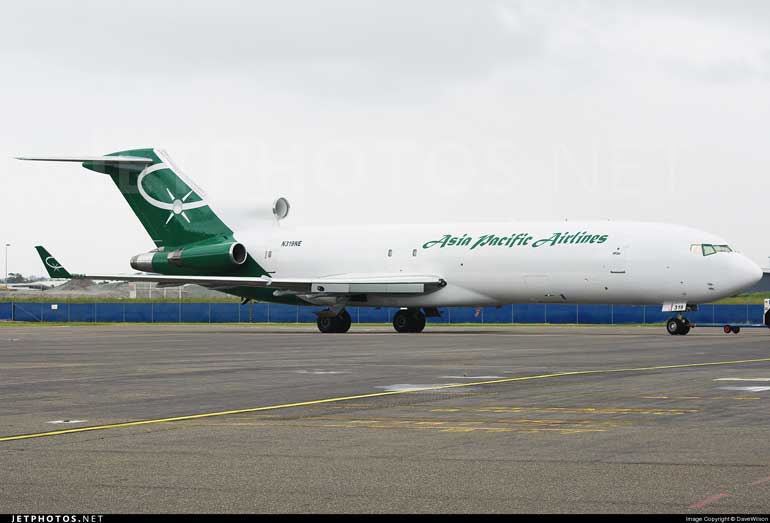Monday Feb 23, 2026
Monday Feb 23, 2026
Monday, 7 September 2015 00:00 - - {{hitsCtrl.values.hits}}

Preliminary traffic figures from the Association of Asia Pacific Airlines (AAPA) for the month of July 2015 show further robust growth in international passenger numbers, whereas air cargo demand has weakened.
Taken together, airlines based in the Asian region carried 23.7 million international passengers in July, a 6.5% increase compared to the same month last year. In revenue passenger kilometre (RPK) terms, international passenger demand grew by 8.6%, exceeding the 6.2% expansion in available seat capacity by a comfortable margin. As a result, the average international passenger load factor climbed 1.8 percentage points higher to 80.9% for the month.
“Asian carriers have seen sustained growth in air travel demand on both regional and long haul routes. Overall, for the first seven months of the year, Asian carriers carried a combined total of 159.3 million international passengers, 9.0% more than the same period last year,” said Andrew Herdman, AAPA Director General.
“On the freight side of the business, air cargo demand began the year quite strongly but has lost momentum as a result of a slowdown in global trade and weaker demand for Asian exports. For the January-July period, the region’s carriers reported a 3.5% increase in international air cargo demand, down from the 5.3% growth recorded in 2014.”
Air freight markets softened in July reflecting a slowdown in world trade activity and weakening demand for Asian exports. Measured in freight ton kilometre (FTK) terms, air cargo demand registered a 2.2% decline compared to the same month last year. Offered freight capacity increased by 2.9%, leading to a 3.2 percentage point fall in the average international freight load factor to 62.1% for the month.
“Consumers are enjoying the benefits of lower oil prices, including access to a wide range of affordable airfares, which are helping to drive the sustained growth in travel demand. Asian airlines are focused on meeting that growth in demand, whilst achieving further cost savings and operational efficiencies to deliver improved levels of profitability to support future investment,” Herdman added.
“Whilst demand for air travel remains robust, the weak cargo markets highlight some wider concerns about downside risks to the global macroeconomic outlook, including the effects of slower growth in China, exaggerated currency movements and stock market volatility, that could affect both business confidence and consumer demand going forward.”